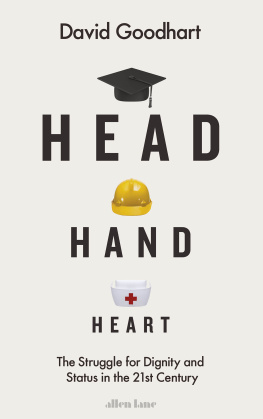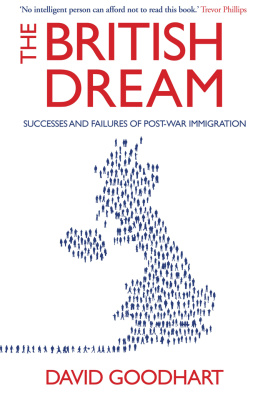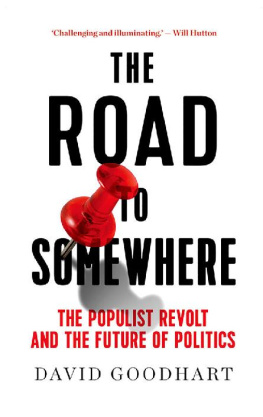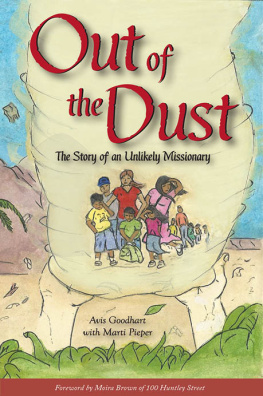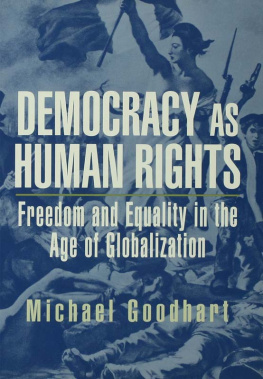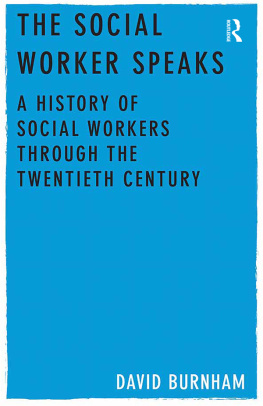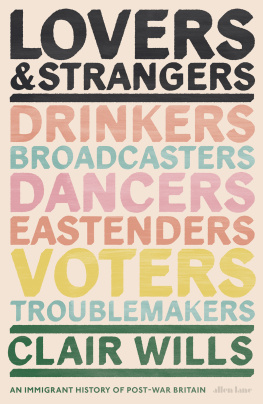David Goodhart - Head Hand Heart: The Struggle for Dignity and Status in the 21st Century
Here you can read online David Goodhart - Head Hand Heart: The Struggle for Dignity and Status in the 21st Century full text of the book (entire story) in english for free. Download pdf and epub, get meaning, cover and reviews about this ebook. year: 2020, publisher: Penguin, genre: Politics. Description of the work, (preface) as well as reviews are available. Best literature library LitArk.com created for fans of good reading and offers a wide selection of genres:
Romance novel
Science fiction
Adventure
Detective
Science
History
Home and family
Prose
Art
Politics
Computer
Non-fiction
Religion
Business
Children
Humor
Choose a favorite category and find really read worthwhile books. Enjoy immersion in the world of imagination, feel the emotions of the characters or learn something new for yourself, make an fascinating discovery.
- Book:Head Hand Heart: The Struggle for Dignity and Status in the 21st Century
- Author:
- Publisher:Penguin
- Genre:
- Year:2020
- Rating:4 / 5
- Favourites:Add to favourites
- Your mark:
Head Hand Heart: The Struggle for Dignity and Status in the 21st Century: summary, description and annotation
We offer to read an annotation, description, summary or preface (depends on what the author of the book "Head Hand Heart: The Struggle for Dignity and Status in the 21st Century" wrote himself). If you haven't found the necessary information about the book — write in the comments, we will try to find it.
A FINANCIAL TIMES AND TELEGRAPH BOOK OF THE YEAR 2020
The acclaimed new book from the celebrated author ofThe Road to Somewhere
Brilliant, will become a classic Daily Telegraph
Utterly compelling ... one of the most important intellectuals in the country, if not Europe Sunday Times
The coronavirus pandemic taught us something we ought already to have known: that care workers, supermarket shelf-stackers, delivery drivers and cleaners are doing essential work that keeps us all alive, fed and cared for. Until recently much of this work was regarded as menial by the the same society that now lauds them as key workers. Why are they so undervalued?
In this timely and original analysis, David Goodhart divides human aptitudes into three: Head (cognitive), Hand (manual and craft) and Heart (caring, emotional). Its common sense that a good society needs to recognise the value of all three, but in recent decades they have got badly out of kilter. Cognitive ability has become the gold standard of human esteem. The cognitive class now shapes society largely in its own interests, by prioritizing the knowledge economy, ever-expanding higher education and shaping the very idea of a successful life. To put it bluntly: smart people have become too powerful.
Head, Hand, Heart tells the story of the cognitive takeover that has gathered pace over the past forty years. As recently as the 1970s most people left school without qualifications, but now 40 per cent of all jobs are graduate-only. A good society must re-imagine the meaning of skilled work, so that people who work with their hands and hearts are valued alongside workers who manipulate data. Our societies need to spread status more widely, and provide meaning and value for people who cannot, or do not want to, achieve in the classroom and the professions. This is the story of the central struggle for status and dignity in the twenty-first century.
David Goodhart: author's other books
Who wrote Head Hand Heart: The Struggle for Dignity and Status in the 21st Century? Find out the surname, the name of the author of the book and a list of all author's works by series.

